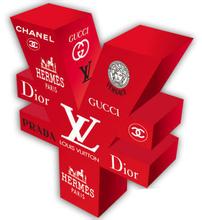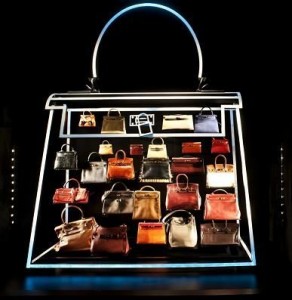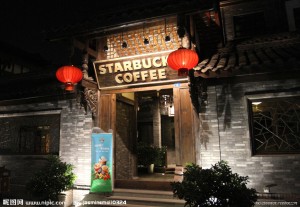As I am studying Consumer Behavior these days on my Econ class, I would like to read news about the famous company’s process of learning consumer behavior. After I did a lot of reading, I get this conclusion. The world are focusing on the Chinese consumer behavior.

To satisfy Chinese consumer, American hotels especially provide slippers. To satisfy Chinese consumer, Korean merchants celebrate the Chinese National Day. To satisfy Chinese consumer, French shops all hire a salesperson who is good at Mandarin. So many companies choose Chinese consumer as their target audience. Why? let the number explains everything. According to the data provided by the U.S. Tourist Association, in 2012, the per capita consumption of Chinese tourists reached $ 6,200. By contrast, the per capita consumption of French tourists is only $ 3,654. In 2012, about 1.5 million Chinese tourists visited the United States which is 200 percent of the number for 2008, and the total expenditures in 2012 was $ 8.8 billion. The numbers are staggering. And it shows a simple rule to the merchants: get the Chinese consumers means get succeeded.

Why does Chinese have so many money to spend in foreign countries? Does this mean China is the richest country right now? Chinese consumers have two reasons for choosing to spend money in foreign countries. One of the reasons is the foreign goods are much cheaper. The same brand, the same style, the same good in china get a much higher price. The other reason is about the high quality of foreign goods. Even the good has the same price in Chinese market and foreign market, the quality of the foreign market’s good is much better than the Chinese market’s. Because of the two reasons above, China is absolutely not the richest. Not to mention the poor living condition and no rights of education in some part of China. Chinese market kind of ‘force’ consumer to choose foreign market.
 As our class always focus on blackberry, the untrue statement of Blackberry’s financial situation entangles Blackberry with the tentacles of the law. A shareholder claim the Blackberry company mislead investors about its future, including how the BlackBerry 10 smartphone line would fare against competitors.
As our class always focus on blackberry, the untrue statement of Blackberry’s financial situation entangles Blackberry with the tentacles of the law. A shareholder claim the Blackberry company mislead investors about its future, including how the BlackBerry 10 smartphone line would fare against competitors.



